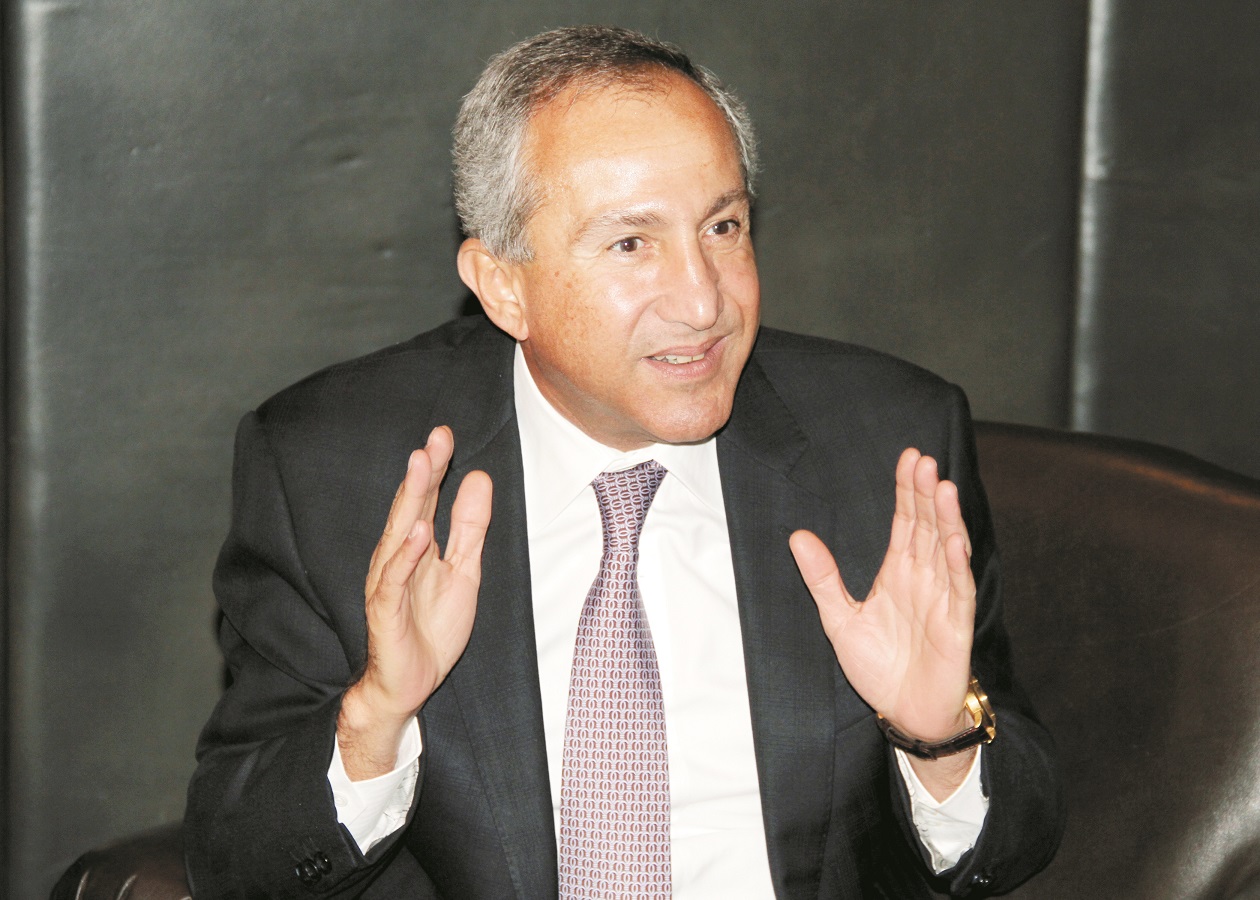The first phase of Egypt’s “Decent Life” presidential initiative for rural development is 85.5% complete, according to a new report from the Ministry of Planning, Economic Development, and International Cooperation. The report, released on Sunday, details significant progress across multiple sectors, including education, water and sanitation, and financial inclusion.
The initiative, which aims to reduce multidimensional poverty and bridge development gaps between governorates, has seen EGP 295.5bn (84.4% of allocated funds) disbursed, funding 16,812 projects and the development of 100 villages at a cost of EGP 21bn. These projects have benefited 1.2 million citizens, resulting in a 69-percentage-point improvement in the “Basic Services Availability Rate” index, according to Minister of Planning, Economic Development, and International Cooperation Rania Al-Mashat.
Al-Mashat highlighted the initiative’s scale, describing it as the world’s largest rural development project by number of beneficiaries. The first phase alone targets 18 million citizens in approximately 1,500 villages, with a total cost exceeding EGP 350bn across 23,000 projects. The project has been recognised by the UN, registered on its “Accelerators for Achieving the Goals” and “Best Practices” platforms for its contribution to achieving the Sustainable Development Goals (SDGs).
Upper Egypt governorates have received 68% of the first-phase allocation, benefitting 61% of the total beneficiaries, Al-Mashat noted. She emphasised the initiative’s alignment with the National Human Rights Strategy, stating that over 70% of the funding is directed towards human development investments.
Significant progress has been made in the education sector. The project established and developed 15,000 classrooms, maintained 1,300 schools, and eradicated illiteracy for 510,000 citizens. This reduced classroom density, particularly in Minya, Qena, Aswan, Sohag, and Assiut governorates, by an average of 3 percentage points, and the illiteracy rate in beneficiary governorates fell by 7 percentage points between 2021 and 2024. An additional 73,000 citizens benefited from digital literacy programmes.
The water and sanitation sector also saw substantial progress. The completion of 21 wastewater treatment plants, 937 sewage projects, and 1.4 million household sewage connections resulted in a 45% increase in sanitation service subscribers in project villages between 2021 and 2024.
The initiative aims to increase sanitation coverage to 90% in project villages, with national coverage reaching 60% by the end of the first phase—a significant improvement from 12% in 2013/2014. Similarly, 248 drinking water plants were established or developed, along with 1,380 water network projects covering 5,400 kilometres, increasing drinking water subscribers by 14%. The project aims for 100% clean drinking water coverage.
Natural gas network extensions reached approximately 506 villages, resulting in a 299% increase in gas subscribers. In the telecommunications sector, fibre optic network connections were completed in 766 villages, leading to a 41% increase in telecom subscribers, boosted by the installation of 1,277 mobile network towers.
The initiative also facilitated financial inclusion. EGP 65.6bn in funding was provided to small, medium, and micro enterprises, benefiting over 2.9 million individuals. This, coupled with the establishment and development of 137 bank branches and 1,254 ATMs, resulted in an 11-percentage-point improvement in the financial inclusion index.



